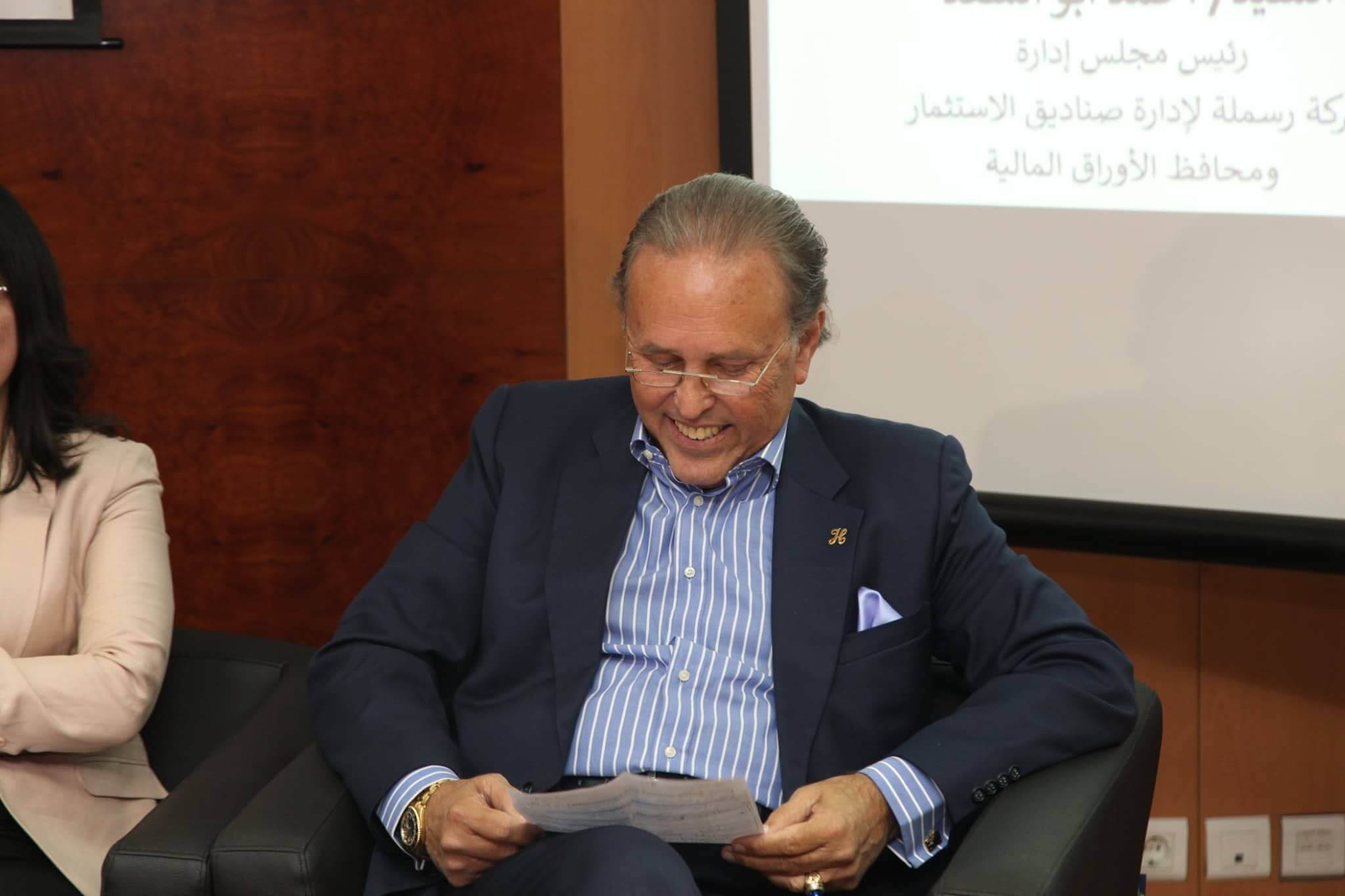Although Egypt’s current economic reforms are underway, financial experts seem wary as the country is struggling to secure direct investments required for economic prosperity.
During a seminar held by the Egyptian Center for Economic Studies (ECES) called “What is happening in the Egyptian capital market: A sectoral crisis or reflection of economic performance?”, former president of Egyptian and Arab private equity associations Hany Tawfik spoke about challenges in direct investments and why the country’s gross domestic product (GDP) is lower than other Arab countries.
From 1993 until 2009, Tawfik has worked closely with the Egyptian Exchange (EGX), before focusing on direct investments and their whereabouts.
Where does Egypt fall short in the capital market?
A strong capital market requires a constant flow of direct investments because that is when a company or an investor is guaranteed a safe exit strategy.
We do not have a problem in the Egyptian stock and financial market. I believe that the current regulatory technique in the EGX is really good and creates a solid platform for investors. However, the problem is in the lack of incentives encouraging companies to register in the EGX.
We had 1,075 enlisted companies around 2007. Today, we have 200 companies, of which 70% belong to businessmen or certain business divisions. There used to be tax exemptions to encourage companies to register. Registered companies also enjoyed tax exemptions during their daily trading sessions – which were cancelled in order to introduce a rising stamp tax instead.
Which obstacles stand in the way of attracting direct investments?
The whole competitive atmosphere requires stable banking and financial policies that encourage investors to come to Egypt and allow businesses to flourish.
Several challenges stand in the way, including expensive lands and a highly noticeable corruption level in local authorities regulating those lands.High interest rates, limited bank loans and the government’s competition with the private sector in obtaining bank loans are among other challenges. Energy prices for industrial activities are high, while customs regulations are poor. For example, there is a 15% tax on imported raw materials used in local manufacturing, as opposed to a much lower tax imposed on imported final products.
Additionally, Egypt ranks 135 out of 140 countries in the quality of technical and vocational training for workers.
What do you expect from the EGX performance in the upcoming period?
We rank the seventh Arab state in the world in terms of GDP, with daily trading volumes in the stock market decreasing from $400 million in the year 2000 to $20 million in 2018. The market value of EGX-enlisted companies as a percentage to GDP ratio declined from 107% in 2007 to a current 19%.
I always like to think of the stock market as “noise and speculation”. For instance, on June 9th, the trading session concluded at LE350 million. The next day, it closed at LE950 million as a result of news spreading about Global Telecom getting their tax issues settled. Good news about operating companies make a difference.We need a lot more of such news and actions in the capital market as a whole to further foster growth.









